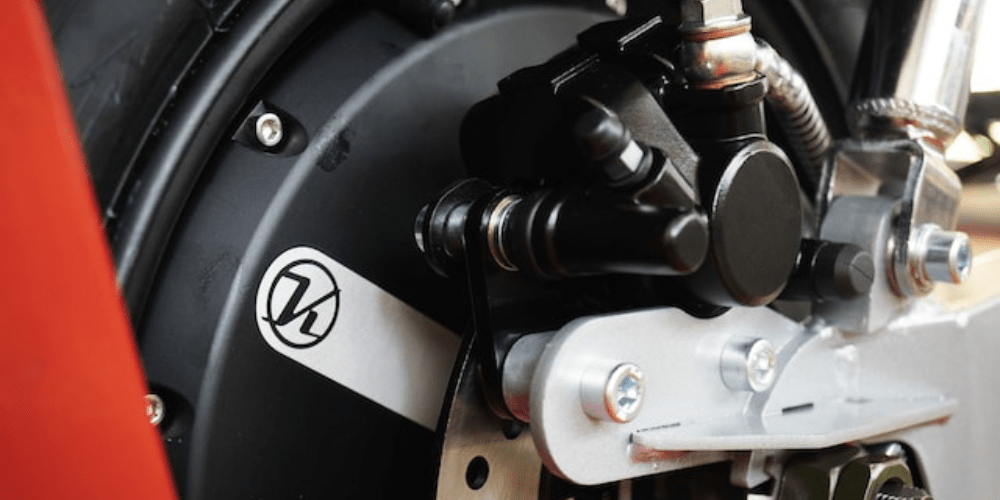The front passenger brake caliper contains a piston that is activated by hydraulic pressure when the driver applies the brakes. The piston pushes the brake pads against the rotor, creating friction and slowing down the vehicle. The caliper also contains brake fluid, which transfers the hydraulic pressure from the master cylinder to the brake pads.
The driver should have their car inspected by a qualified mechanic as soon as possible to diagnose and repair any issues with the front brake caliper if they experience any of these symptoms. Driving with a faulty brake caliper can be dangerous and put the driver and other road users at risk.
How does a new driver know that his front brake caliper has issues
There are several signs that a new driver can look out for to determine if there is an issue with the Front Passenger Brake Caliper:
- Uneven braking: If the car pulls to one side when the brakes are applied, it may be an indication that one of the front brake calipers is not working correctly.
- Spongy brake pedal: If the brake pedal feels spongy or soft when it is pressed, it may be a sign of air in the brake lines, which a faulty brake caliper can cause.
- Grinding or squeaking noise: If there is a grinding or squeaking noise when the brakes are applied, it may be due to worn-out brake pads or a damaged brake caliper.
- Reduced braking performance: If the vehicle takes longer to stop than usual, or the brakes feel less responsive, it could indicate a problem with the brake caliper.
- Brake fluid leaks: If there is a visible leak of brake fluid around the front brake caliper, it may indicate a problem with the caliper or brake line.
Break fluid leaks impact on brake calliper
Brake fluid leaks can have a significant impact on the performance of the brake caliper. The brake caliper uses brake fluid to apply pressure to the brake pads, which then press against the rotor to slow or stop the vehicle. If there is a leak in the brake line or the caliper itself, it can result in a loss of brake fluid pressure, which can lead to a reduction in braking performance.
It can also cause damage to the caliper itself when brake fluid leaks out of the caliper. Brake fluid is a corrosive substance, and if it is allowed to leak onto the caliper or other brake components, it can cause rust or other forms of damage. This can lead to the caliper seizing up, which can cause uneven braking or even a complete loss of braking ability.
What should you do when you notice this?
Firstly, they should have the vehicle inspected by a qualified mechanic as soon as possible if a driver notices a brake fluid leak near the front brake caliper. The mechanic can diagnose the cause of the leak and determine whether any damage has been done to the caliper or other brake components. It is important to address brake fluid leaks promptly to ensure that the braking system is functioning correctly and to maintain the safety of the vehicle.


